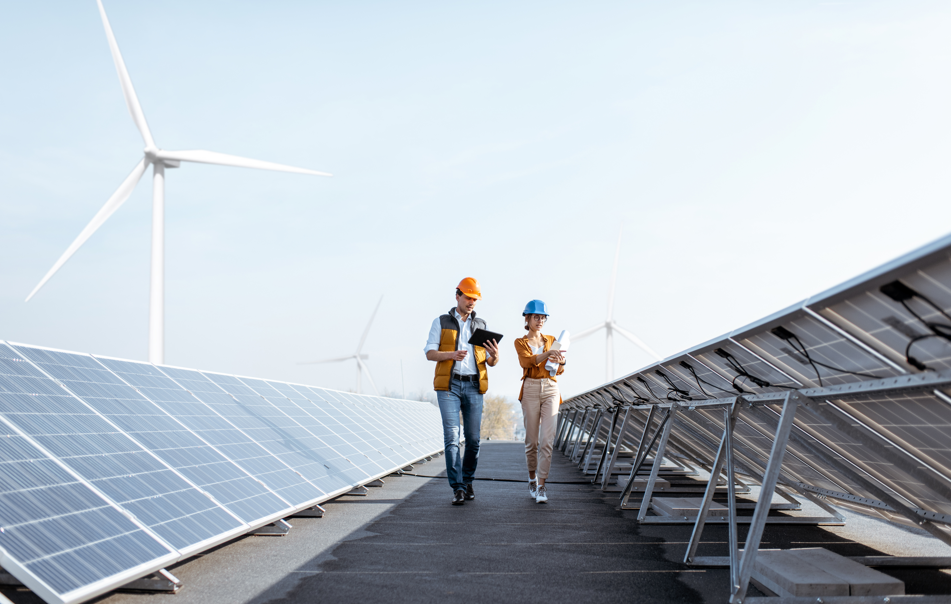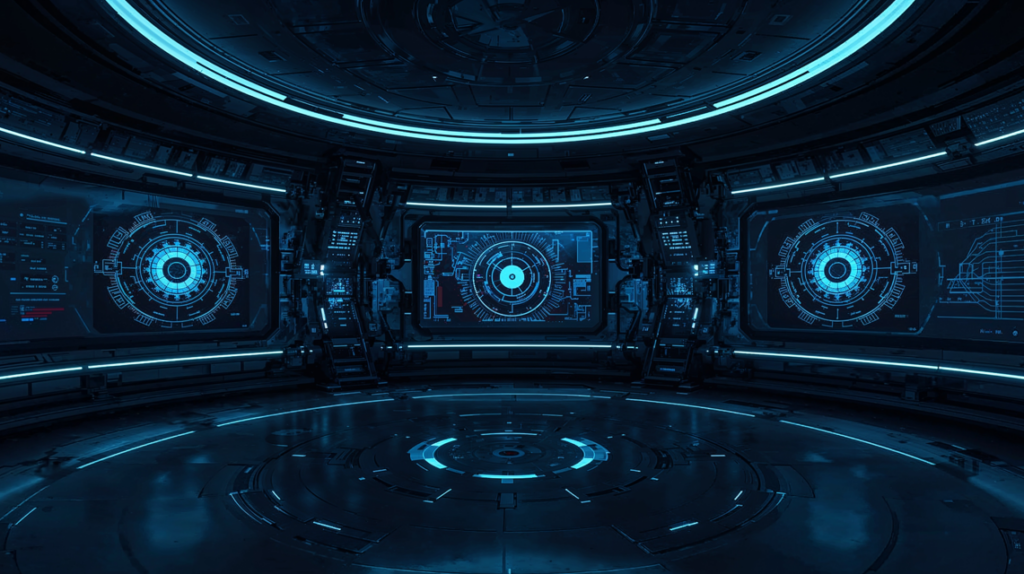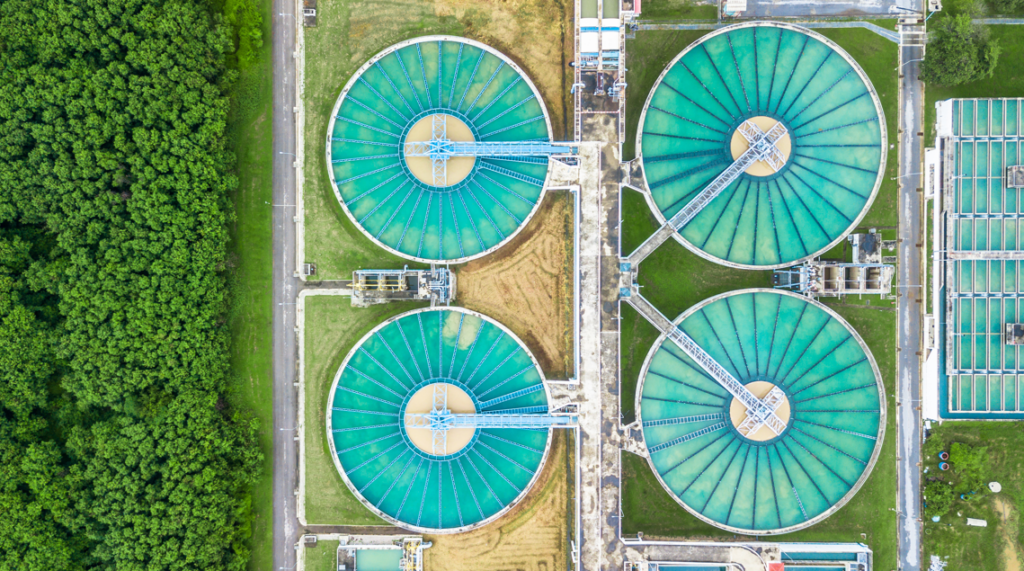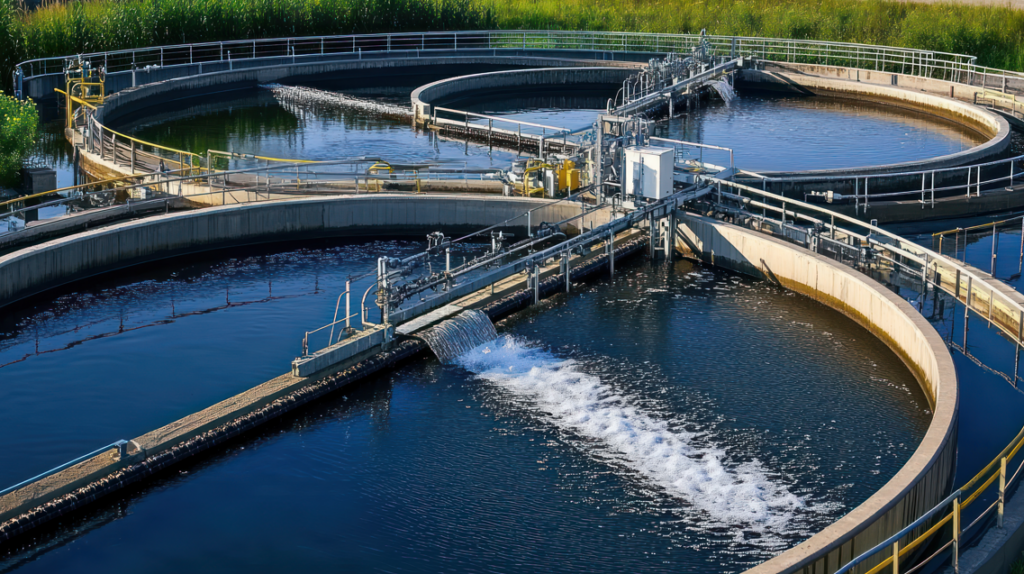The path to carbon neutrality by 2050 requires sophisticated engineering solutions that address both energy security and environmental responsibilities. As you evaluate water purification methods for planners and broader sustainability strategies, understanding nuclear technology’s role becomes increasingly relevant to long-term planning.
Nuclear Technology in Carbon Reduction Strategy
The UK Government recognises nuclear power’s critical position in achieving net zero emissions. According to the Nuclear Industry Association, ‘The UK Government is putting nuclear at the centre of its strategy to reach net zero carbon emissions by 2050, alongside renewables. With the lowest lifecycle carbon footprint of all the energy sources, the Government has committed to developing large, small and advanced reactors.’
This commitment extends beyond traditional reactor designs. The government has established substantial funding mechanisms to support innovation. As stated in the GOV.UK publication on Advanced Nuclear Technologies, ‘Advanced Nuclear Technologies have an important role to play in the transition to a low carbon economy. The Ten Point Plan announced the Advanced Nuclear Fund of up to £385 million to invest in the next generation of nuclear technologies.’


Small Modular Reactors and Grid Stability
Small Modular Reactors (SMRs) represent a significant advancement in nuclear engineering. These systems offer enhanced safety features, reduced construction timescales and improved economic viability compared to traditional large-scale reactors. For those considering water purification methods for planners, SMRs provide insights into modular, scalable technology approaches that could influence future water treatment systems.
SMRs generate between 50 and 300 megawatts of power, making them suitable for smaller grid applications or industrial processes. Their modular construction allows for factory assembly and site installation, reducing costs and construction risks. This approach mirrors successful modular design principles used in various engineering applications, including water treatment facilities.
Advanced Reactor Technologies
Fourth-generation reactor designs incorporate passive safety systems that function without external power or human intervention. These reactors operate at higher temperatures, enabling improved thermal efficiency and potential industrial applications beyond electricity generation.
High-temperature gas-cooled reactors can provide process heat for industrial applications, including hydrogen production and water desalination. This capability creates opportunities for integrated energy systems that serve multiple purposes while maintaining carbon neutrality goals.


Engineering Solutions from Morson Projects
Morson Projects brings 46 years of engineering experience to nuclear sector challenges. With 17 project offices across the UK and a team of 1,000 employees, we deliver multi-disciplinary solutions that address complex nuclear engineering requirements.
Our sustainable low-carbon design services support clients in developing environmentally responsible nuclear solutions. This expertise spans from initial concept development through detailed design and project delivery.
Morson Projects’ nuclear sector capabilities include reactor design support, safety system analysis and regulatory compliance engineering. Our established relationships with nuclear industry clients position us to contribute effectively to the UK’s advanced nuclear programme.
Water Treatment Integration
Nuclear facilities require sophisticated water management systems for cooling, process applications and waste treatment. These systems often incorporate advanced purification technologies that parallel methods used in emergency preparedness applications.
Ion exchange systems, reverse osmosis units and multi-stage filtration processes used in nuclear facilities demonstrate proven water purification methods to consider. These technologies provide reliable water treatment under demanding conditions, offering lessons for personal and community preparedness planning.


Regulatory Framework and Safety Standards
The Office for Nuclear Regulation maintains stringent safety requirements that drive innovation in nuclear engineering. These standards ensure that new reactor designs meet enhanced safety criteria and support carbon reduction objectives.
Generic Design Assessment processes evaluate new reactor technologies before construction begins. This systematic approach to safety validation provides confidence in advanced nuclear solutions, maintaining public protection standards.
Skills Development and Training
The nuclear sector’s growth requires significant skills development across multiple engineering disciplines. Morson Projects supports this requirement through our training programmes and workforce development initiatives.
Nuclear engineering roles encompass mechanical, electrical, civil and systems engineering specialties. The sector’s expansion creates opportunities for engineers to contribute to carbon neutrality goals and develop specialised technical capabilities.
Frequently Asked Questions (FAQs)
What makes advanced nuclear reactors different from current designs?
Advanced reactors incorporate passive safety systems, operate at higher temperatures and offer improved fuel efficiency compared to existing nuclear power stations.
How do Small Modular Reactors support carbon neutrality?
SMRs provide low-carbon electricity generation with smaller environmental footprints and shorter construction timescales than traditional nuclear plants.
What engineering services does Morson Projects provide for nuclear projects?
Morson Projects offers multi-disciplinary engineering support including design, safety analysis, project management and regulatory compliance services for nuclear clients.
How does nuclear power compare to renewable energy sources for carbon emissions?
Nuclear power has the lowest lifecycle carbon footprint of all energy sources, making it complementary to renewable technologies in achieving net zero emissions.
What skills are needed for nuclear engineering careers?
Nuclear engineering requires expertise in mechanical, electrical, civil and systems engineering, plus knowledge of nuclear physics and safety regulations.